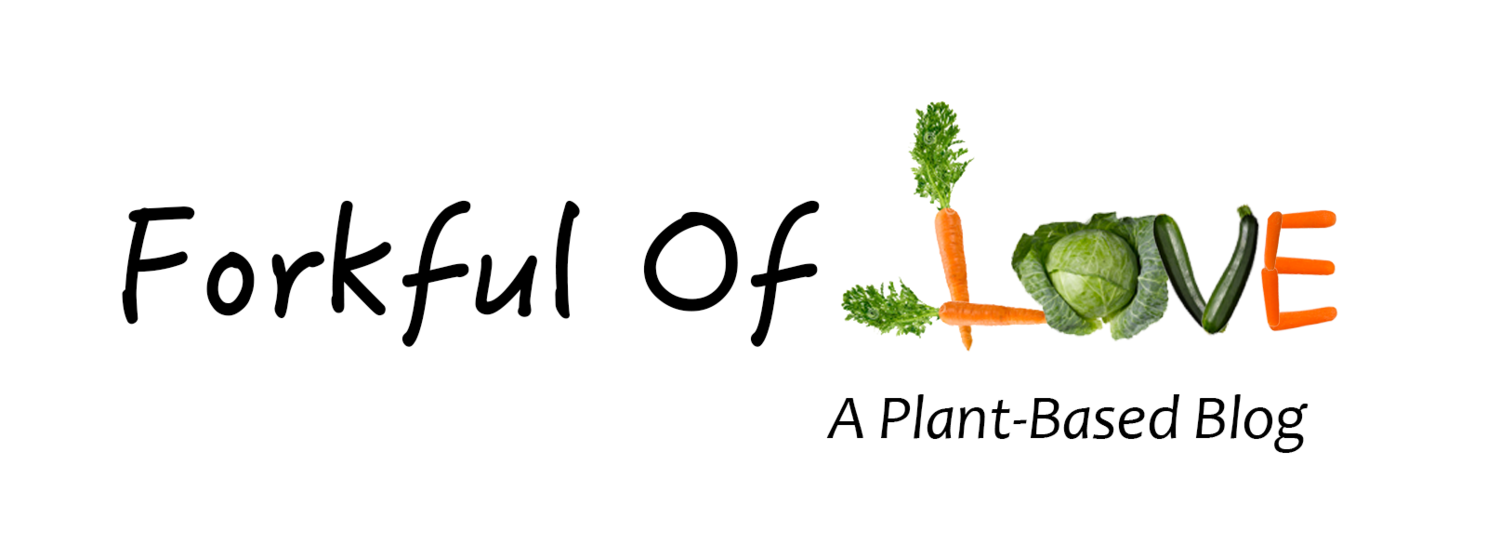Consume Healthy Fats and Avoid a Common Mistake
/By now, it seems like many people know that unsaturated fats, the healthy kind of fat, is not "fattening" as previously thought. There are many amazing sources of healthy fats such as avocados and raw nuts and seeds, and these foods will improve your overall health and your appearance. But another myth keeps circulating about how to consume these fats. Many people assume these foods in any form are good for you and, in the case of oil, use it generously in cooking and dressings. In this post, I'll dispute this myth by supporting consuming fats in their whole food form and talk about why and how to avoid oil.
It is Best to Consume Healthy Fats Via Whole Foods
Dr. Fuhrman M.D., author of Eat to Live, says that fats are best in their natural packages, for example flaxseeds are better than flaxseed oil. He recommends eating one tablespoon of ground flaxseeds a day to help maintain a healthy omega-3 and omega-6 fatty acid level. You can sprinkle some on your morning granola or smoothie and on your lunch or dinner salad.
If you are looking to dress a salad, try one half of a ripe avocado. The avocado makes your salad very creamy and is far superior to any oil based dressing from a health perspective. Ground flaxseeds can be a great salad dressing when mixed with the water still on a head of romaine after washing. I'll also sprinkle on pumpkin seeds, sunflower seeds, nuts, and chia seeds.
Oil is Not a Health Food, So When You Do Use It, Use it Sparingly
When you think about putting oil on your salad, think sprinkle instead of drizzle!
If you do choose to use oil, use it sparingly. The reality is that oils, even those like coconut oil, need to be used sparingly or avoided if you are trying to lose weight, achieve great health, or have a heart condition and are worried about clogged arteries.
Avoid Heating Oils
Mistakenly, people pour oil generously over veggies and cook with oil, heating it at high temperatures.
Oil can become toxic when cooked at high temperatures.
“When oils are subject to heat, the chemical structure of the essential fatty acids is changed to create toxic derivatives known as lipid peroxides and other toxic and potentially cancer-causing by-products.”
Because of this, I avoid using oil in my cooking. Instead I use water, which works great. You can also use veggie broth or 100% fruit or vegetable juice. If you really want to use oil start using half of what you would do normally and add it to food after it has been cooked. Also, make sure it is unrefined oil, not refined oil, so that the healthy whole food has not been bleached, dried, or "enhanced" with preservatives.
It is true that we need fat in our diets, but foods that contain healthy fat are best to be consumed whole. In general, whole, unprocessed foods are best. If you are eating at a restaurant or in any other situation where it could be challenging to totally omit oil, there is no need to beat yourself up and feel bad about it. Just try again at the next meal, and try overall to greatly reduce your oil intake for a healthier, toxin-free, smooth-processing internal system. You are very powerful and change is always possible!



















